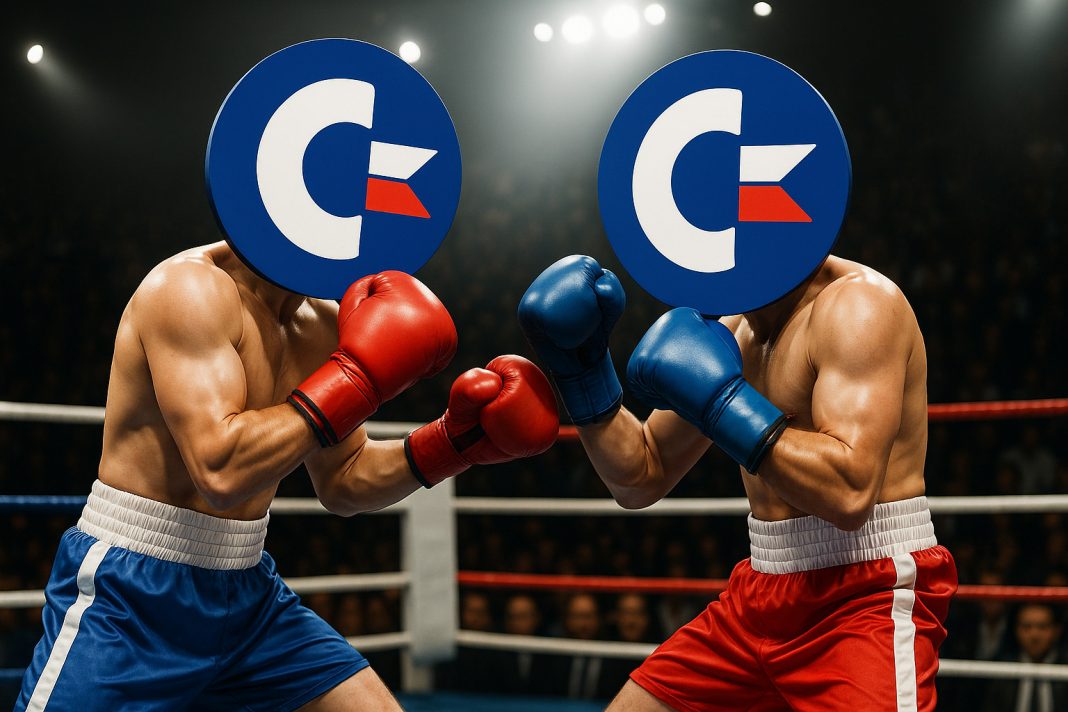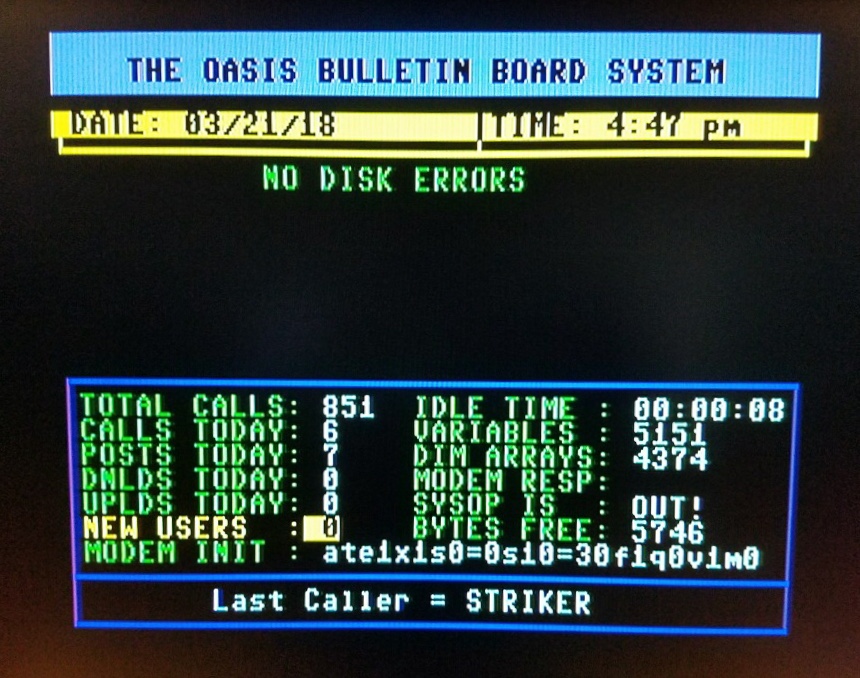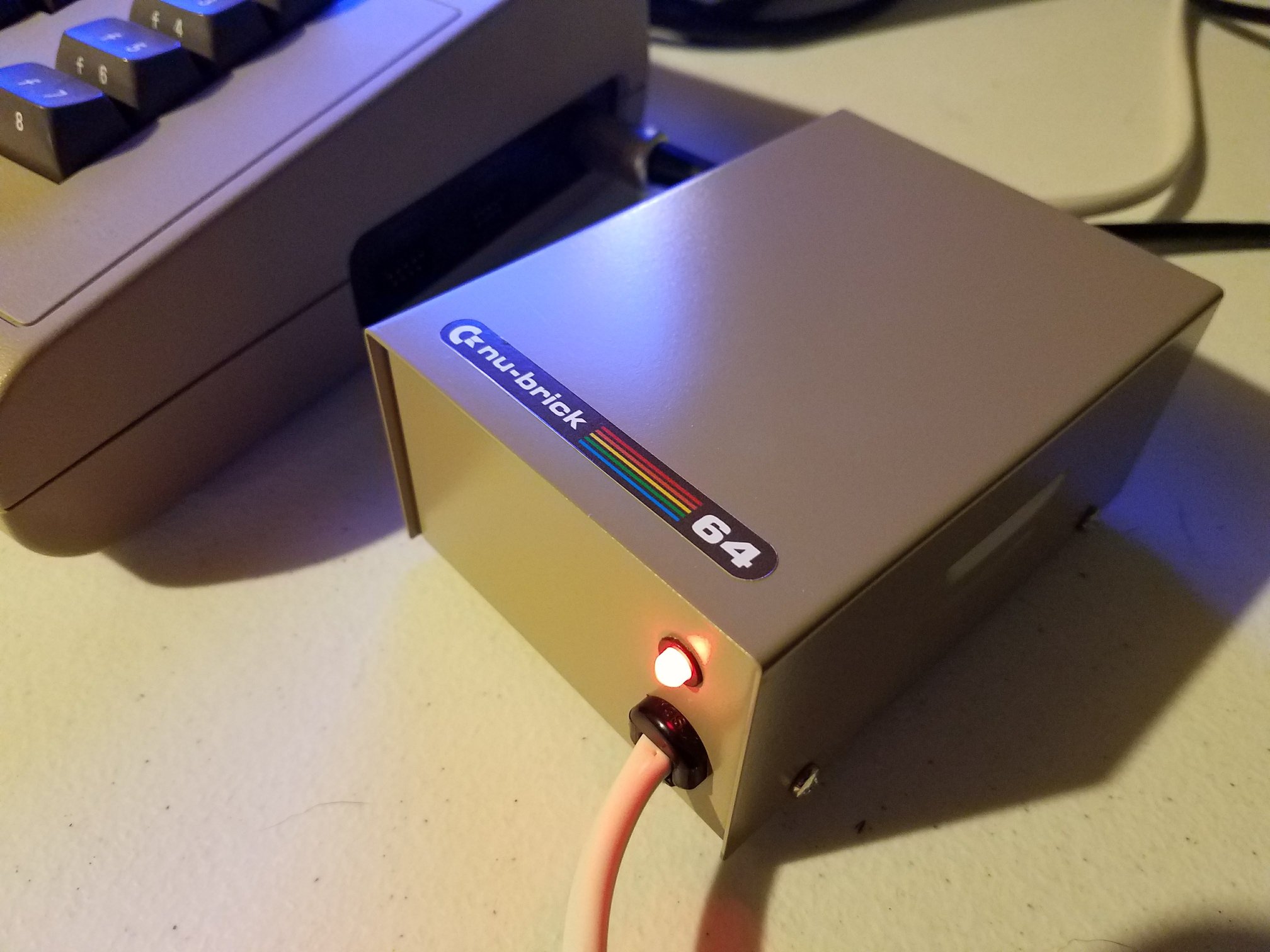How We Got Here
For those joining late: Commodore International, the company behind the Commodore 64 and Amiga, went bankrupt in 1994. Its intellectual property bounced between holding firms and speculators for years, with pieces split across continents.
In 2017, Commodore Industries S.r.l. appeared in Italy, securing new trademark registrations for the Commodore name and logo across Italy and the EU. The company positioned itself as a guardian of the brand, publishing a Commodore-themed magazine and selling branded merchandise.
Then came Commodore International B.V., a Dutch-based revival led by Christian Simpson, better known online as Perifractic. His group announced new Commodore-branded hardware based on Gideon Zweijtzer’s FPGA designs. The project generated plenty of excitement, until the Italians piped up to say, “Actually, that name’s ours.”
The Claims and Counterclaims
To be fair, Commodore Industries S.r.l. isn’t doing anything illegal by protecting its trademarks. Any company that owns one must defend it, or risk losing it over time. Their registrations through Italy’s UIBM and the EUIPO are legitimate, and the Commodore brand has been European since the early 1980s. When older EU trademarks lapsed, that opened the door for new filings, like the Italian company’s.
But not everyone’s buying that defense.
Retro enthusiast Gerard Flach put it bluntly in a Facebook comment: “Commodore Italy are not operating on a European level. They sell Chinese crap and publish a magazine (in Italian). There is no interest in working with local interest groups or retro enthusiasts. Or even bother to pick up a phone. It’s an amateur company.”
Critics also note that Commodore Industries never had rights to the original Commodore International mark, it’s right there in the name. They couldn’t use “International,” so they went with “Industries.” That’s a clue for anyone wondering which outfit actually traces back to the original Commodore lineage.
The Dutch side says their trademarks were never abandoned; they were merged and modernized. Older, redundant marks were intentionally allowed to lapse. In short: they didn’t lose the rights, they just consolidated them. The Italian company, they claim, is now trying to capitalize on that consolidation gap.
Not a Transatlantic Feud
Some fans keep framing this as a US-versus-Europe thing. It’s not. Both sides are European—Commodore Industries in Italy, Commodore International in the Netherlands. The original American company hasn’t existed for three decades.
Only the Dutch company can trace its legal lineage to the original Commodore through C=Holdings B.V., which held rights for years. This isn’t an international culture clash, it’s a European paperwork battle starring two companies with equally dramatic press releases.
Stakes for the Retro Scene
For fans of 8-bit hardware and the broader retro computing crowd, the Commodore name battle could have real consequences. If Commodore Industries wins, Commodore International’s products might face delays or even bans across the EU. That includes the planned Ultimate systems that fans have already pre-ordered.
Commodore Industries insists it doesn’t plan to produce retro computers, focusing instead on publishing and brand management. Yet their lawsuit effectively freezes another company’s production line. That’s a tough sell to a community that just wants new hardware, not new legal drama.
Former Commodore executive David Pleasance recently admitted that deliveries in Europe would be “very challenging this year.” Translation: expect delays and a lot of finger-pointing.
The Legal Mechanics
The case centers on trademark validity in the EUIPO and Italian courts. Commodore Industries argues prior registration; Commodore International argues continuity of ownership. Both sides have legal ammunition, and neither seems eager to compromise.
Under EU law, active commercial use supports a trademark claim. Commodore Industries can point to its magazine and merchandise as proof of activity. The Dutch company, meanwhile, has real product development underway—arguably the stronger case in the eyes of consumers.
It’s less about who loves the Commodore legacy more, and more about who’s better at paperwork.
The Community’s Take
Online reactions have been predictably divided. Some applaud Commodore Industries for playing by the rulebook and defending their trademarks. Others see them as a gatekeeper blocking genuine innovation.
CommodoreBlog summed up the general feeling: “We hoped the parties would reach an agreement behind the scenes, but that doesn’t seem likely.” That’s putting it mildly.
Meanwhile, some fans have started questioning Perifractic’s transparency. Given how long this trademark tension has been public, critics say he should’ve warned early buyers that legal trouble was possible. It’s a fair point, especially when you’re selling products under a brand that’s still in flux.
Still, some sympathize with the Italian side, acknowledging they’re simply following standard legal procedure. It’s not glamorous, but trademark protection rarely is.
What Happens Next
The most likely outcome? A settlement. Commodore Industries might keep limited naming rights, while the Dutch B.V. continues to release hardware under specific conditions. Both sides get something, both sides save face, and lawyers everywhere get paid.
If the lawsuit fails, Commodore Industries may quietly retreat to magazine publishing and merch sales. If it succeeds, the B.V. will have to rebrand or license the name, an ironic twist for a company founded on nostalgia.
Either way, fans end up watching from the sidelines, popcorn in hand, waiting to see which “real Commodore” comes out on top.
Final Thoughts
The Commodore name battle isn’t a noble quest to preserve history, it’s a tug-of-war over paperwork and logos. Both sides have legitimate claims, neither side has clean hands, and everyone involved insists they’re “doing it for the fans.”
For a brand that’s been bankrupt longer than some of its current customers have been alive, Commodore still manages to stir up chaos worthy of a soap opera. The C64 might be 40 years old, but the drama? Still running at 50 Hz.
What do you think about this ongoing Commodore trademark fight?
Do you side with Commodore Industries, Commodore International, or just want to see new hardware without the legal fireworks?
Share your thoughts in the comments below – we’d love to hear your take.
TL;DR for those still loading from tape
Quick Take: The Commodore Name Battle at a Glance
- Who’s Fighting: Commodore Industries S.r.l. (Italy) vs. Commodore International B.V. (Netherlands).
- The Issue: Both claim to own the Commodore name. The Italians say they registered it fair and square. The Dutch side says they inherited it legitimately. Lawyers everywhere are smiling.
- Why It Matters: The outcome could decide who gets to sell new “Commodore” hardware in Europe. It’s not about nostalgia anymore—it’s about paperwork, pride, and product boxes.
- Current Status: Lawsuit filed November 4, 2025. The EUIPO and Italian courts now get to play referee in the retro world’s messiest family reunion.
Timeline: Key Events in the Commodore Name Battle (2017–2025)
| Year | Event |
|---|---|
| 2017 | Commodore Industries S.r.l. founded in Italy and registers Commodore trademarks with UIBM and EUIPO. |
| 2018–2020 | Commodore Industries publishes a Commodore magazine and launches merchandise sales under its mark. |
| 2021–2023 | Christian Simpson (Perifractic) announces new Commodore-branded hardware under Commodore International B.V. |
| July 23, 2025 | Commodore Industries issues press release affirming ownership of “C= Flag COMMODORE.” |
| Oct 2025 | Online debate intensifies; fans question which side holds true lineage. |
| Nov 4, 2025 | Commodore Industries files suit to revoke the B.V.’s word mark at EUIPO. |
| Late 2025 | Case moves to EUIPO and Italian courts; community braces for a long legal fight. |








